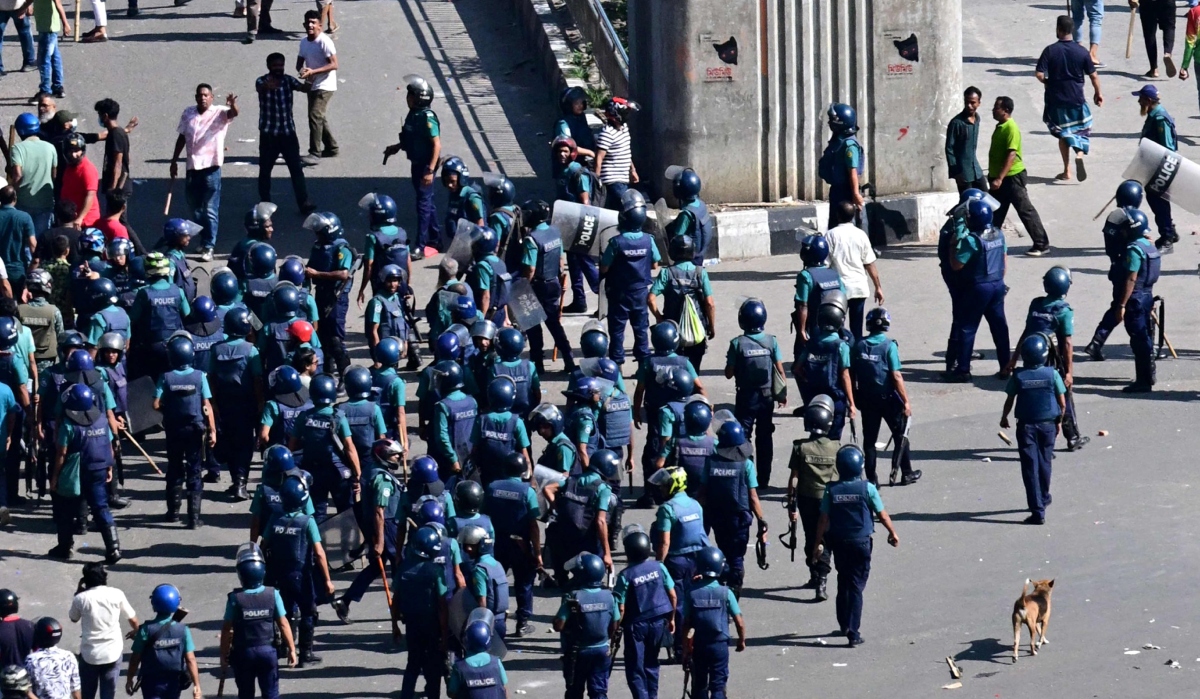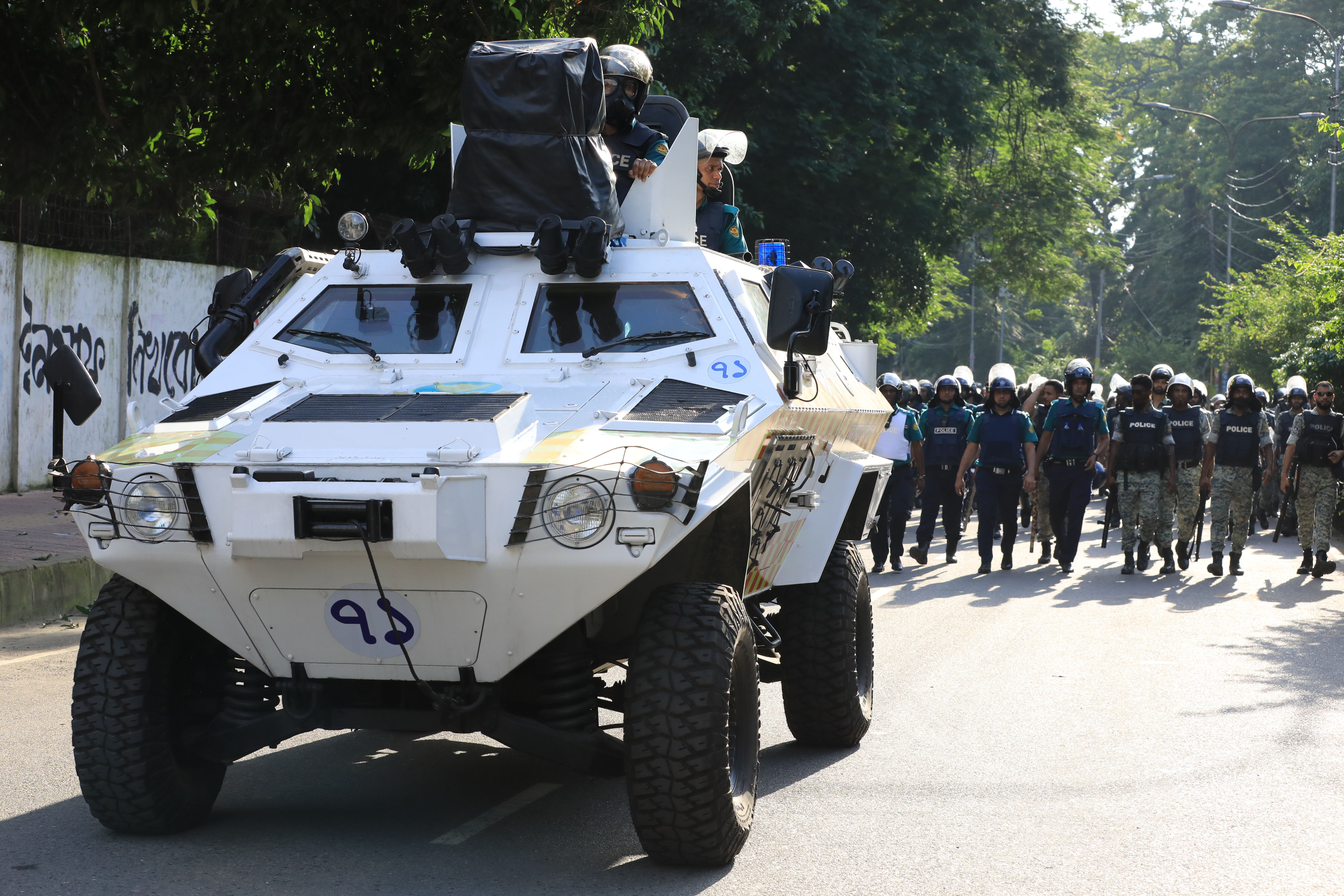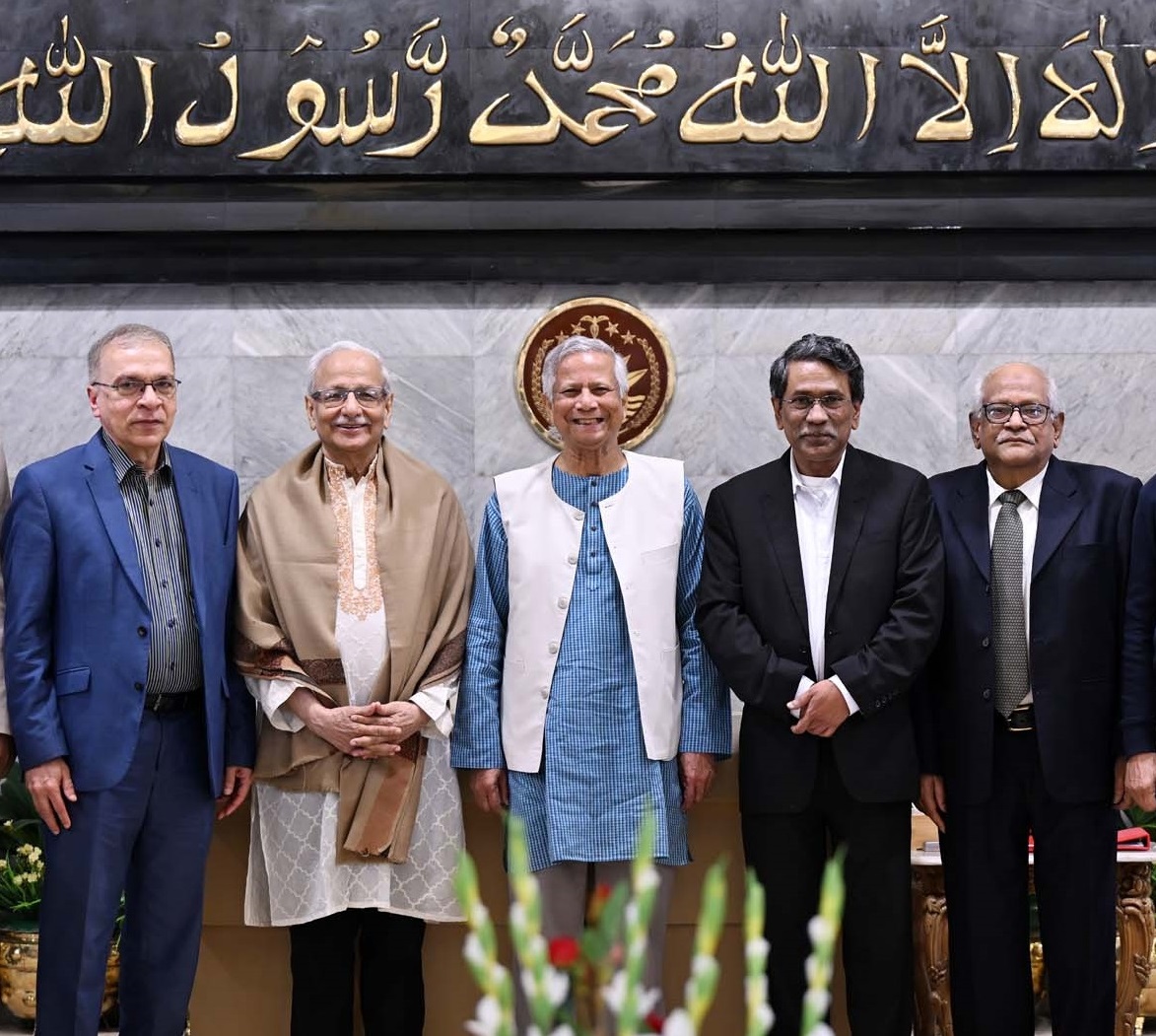Police reform must break free from colonial legacy

The Police Reform Commission instituted by the interim government in October last year has come up with a set of recommendations for improving police efficiency and transforming the organisation into a people-friendly outfit. The reform proposals focus on various functional areas such as human rights, use of force, arrest, search and interrogation, criminal investigation, police corruption, training, changes of law, regulation, and procedure, among others.
While the recommendations don't show any novelty, they have demonstrably failed to indicate the rationale behind principal changes that need to be made in the Police Act, 1861, Police Regulation of Bengal, 1943, and also the procedural legislation of the Code of Criminal Procedure, 1898. It is now well-established that the 1861 law is an anachronism insofar as managing a 21st-century police organisation is concerned. Let me elaborate on the legislative deficiency and how that has affected the police performance, and what needs to be done.
The current Police Act was principally aimed to administer a static, immobile, and backward rural society living in villages and small towns in the 1800s. It envisaged exercise of authority without local accountability. It presupposed a society without constitution, basic and fundamental rights, organised public opinion, and mass media projecting and agitating the public interest.
The Police Commission, 1902-03 presided over by Sir Andrew Fraser reported that the 1861 system had completely failed to produce an efficient and professional police force in the region. One of the major causes of failure of the 1861 law, according to this commission, was undue interference with the police by the civilian authorities. However, it was strange that despite gathering compelling evidence to support, in addressing adequately the fundamental and chronic organisational deficiencies of the police organisation created under the Police Act, 1861, no action was taken.
A reasoned view in this regard is that the colonial rulers purposely designed the police organisation in such a manner so as not to attract better talent, thereby ensuring built-in subservience of the police to the executive, regardless of the resulting corruption, lack of professional excellence, police high-handedness, and police-public estrangement.
In the years that followed the Fraser Commission report, the mass political agitation for freedom threw up unprecedented challenges to the skills and strength of the police in the subcontinent. What we saw during those tumultuous years ending in 1947 was a hardening of the foreign rulers' attitude, enactment of draconian legislations, and making the police respond to the national struggle with fury and unbridled violence.
If the Bangladesh Police of today wishes to be a modern organisation, the solution lies in doing away with the illogical concept of dual control introduced under the Police Act and allowing necessary operational autonomy to the fractured police command and then holding it effectively accountable when things go wrong.
The principal reason the police commanders generally lack essential leadership qualities is that the existing police organisation was not meant to reward initiative, promote merit, or manage and sustain organisational change. It was in fact designed to promote and sustain a culture of status quo, with police hierarchy playing a second fiddle to their "bosses" outside the organisation.
In practical terms, the way forward is that the government leaders proactively give up their long-held powers of "superintendence" over the police in favour of apolitical public safety commissions charged with the responsibility of designing and implementing measures necessary to ensure political neutrality of police operations.
As a first step, the responsibility of the maintenance of law and order will need to rest unambiguously with the police. The police hierarchy will have to be made responsible not merely for the organisation and the internal administration of the force, but also exclusively for all matters connected with maintenance of law and order. In short, policing operations will no longer have to be subjected to general control and direction from outside the police department.
Without enabling the police to function freely, fairly, justly, and independently, there can be neither justice nor an enviable order. Since the sole purpose of police is to enforce the laws of the land, without fear or favour to anybody, it is crucial to render it politically neutral. Such neutrality has been achieved in other countries by placing the police under apolitical control, thus creating a cushion between political expediency and law enforcement. In the absence of such a cushion, persons of influence simply won't let police do its mandated duty.
Under the circumstances, the first order of business is the enactment of a new police law to replace the present archaic legislation. As it is, the act is weak in almost all the parameters that must govern democratic police legislation. For example, the Police Act has made it easier for others to abuse and misuse the police organisation, mainly because: a) the law gives the government the authority to exercise superintendence over the police, without defining the word superintendence or prescribing some guidelines to ensure that the use of power will be legitimate; b) it does not establish any institutional and other arrangements to insulate the police from undesirable and illegitimate outside control, pressures and influences; c) it does not recognise the government's responsibility to establish an efficient and effective police force; and d) it does not make it necessary to outline objectives and performance standards, nor does it set up independent mechanisms to monitor and inspect police performance.
The police law needs to be in consonance with the requirements of democratic policing, which the current law is not. These requirements insist on the existence of a police force that is subject to the rule of law, rather than the whims of the party in power, can intervene in the life of citizens only under limited and controlled circumstances, and is publicly accountable. Without rectifying these issues, building a modern, pro-people and democratic police organisation will not be possible.
Muhammad Nurul Huda is former IGP of Bangladesh Police.
Views expressed in this article are the author's own.
Follow The Daily Star Opinion on Facebook for the latest opinions, commentaries, and analyses by experts and professionals. To contribute your article or letter to The Daily Star Opinion, see our guidelines for submission.




 For all latest news, follow The Daily Star's Google News channel.
For all latest news, follow The Daily Star's Google News channel. 



Comments